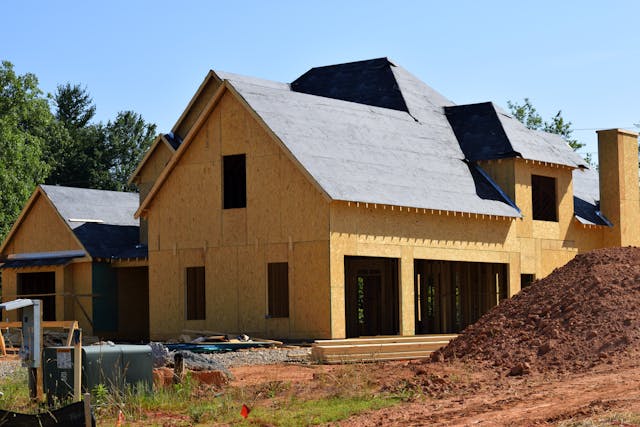
When you invest in a residential or commercial property, you expect the construction to be done right. Unfortunately, that’s not always the case. Whether it’s a cracked foundation, leaking roof, or unsafe electrical work, construction defects can lead to serious financial and safety concerns. If you’re dealing with a construction defect, you may be wondering if you have the right to take legal action. Continue reading and reach out to our seasoned Sussex County construction litigation lawyers to learn more. Here are some of the questions you may have:
What Counts as a Construction Defect?
Not all building issues automatically qualify as legal defects. In general, construction defects fall into three categories: design flaws, material deficiencies, and poor workmanship. For example, if an architect’s blueprints fail to account for proper drainage, or a contractor uses substandard materials that deteriorate quickly, those might qualify. Even minor-looking issues, such as improperly sealed windows or unstable flooring, can become grounds for a lawsuit if they lead to structural damage or pose safety risks. It’s not just about things looking wrong; the law considers whether the defect violates building codes, contract terms, or industry standards.
In New Jersey, the courts often rely on expert opinions to determine whether a construction defect exists. A licensed engineer or building inspector may be required to examine the issue and prepare a report. This documentation is critical, especially if you’re thinking about filing a claim against a contractor, builder, or developer. Without it, your case may be difficult to prove, no matter how obvious the defect appears.
Who Can Be Held Responsible for Construction Defects?
Responsibility for construction defects can fall on several parties, depending on the circumstances. The general contractor is often the first person people think of, but liability can extend further. Subcontractors, architects, engineers, and even manufacturers of defective materials may all be potential defendants in a construction defect lawsuit. In some cases, the property developer or builder may also be held accountable if they failed to properly oversee or manage the construction process.
It’s also important to note that most construction defect claims are governed by New Jersey’s ten-year statute of repose. This means that you generally have up to ten years from the date of substantial completion of the work to file a claim. There is also a six-year statute of limitations for breach of contract or negligence claims, starting from when you first discover the defect. Because these timelines can be tricky, reaching out to an attorney as soon as possible is highly recommended.
How Can a Construction Litigation Lawyer Help Me?
Hiring an attorney can make a significant difference in how your case is handled. From gathering evidence and reviewing contracts to negotiating with insurance companies and filing lawsuits, a skilled lawyer can guide you through every step. Legal representation is especially important when dealing with builders or corporations that have their own legal teams protecting their interests.
If you believe your property was affected by construction defects, don’t wait. Your rights are time-sensitive, and a delay could cost you more than just peace of mind. Contacting a knowledgeable construction litigation attorney from Gruber, Colabella, Thompson, Hiben & Montella is the first step toward protecting your investment.
© 2026 Gruber, Colabella, Thompson, Hiben & Montella. All rights reserved. Attorney advertising.
